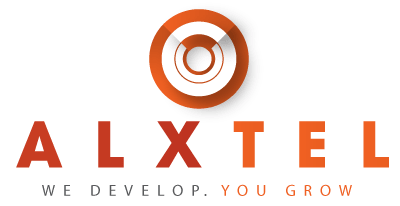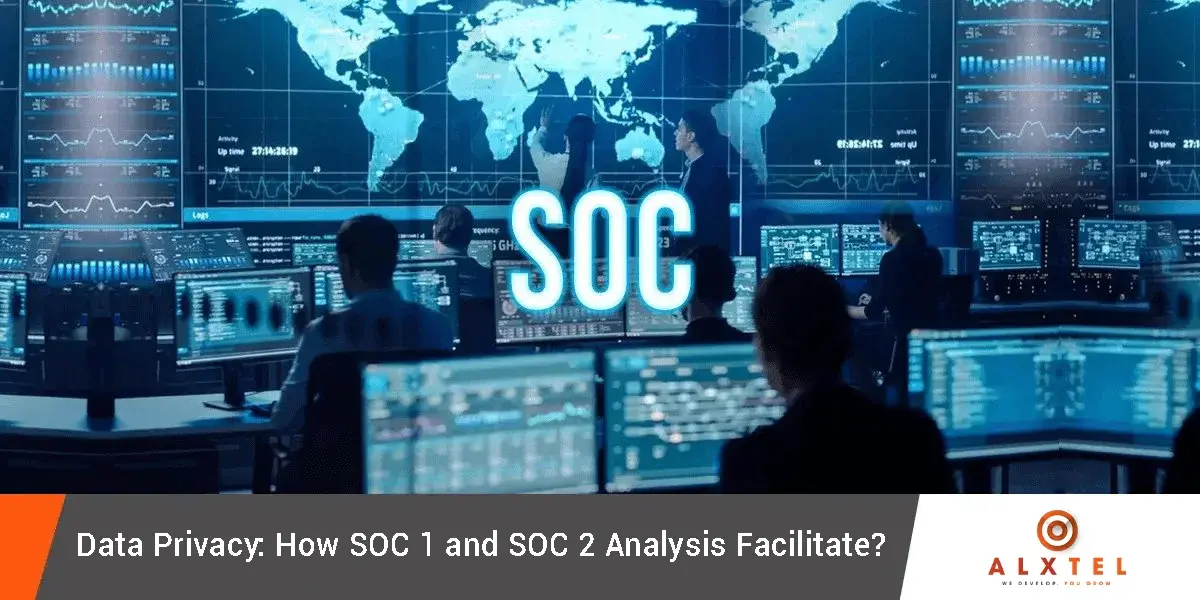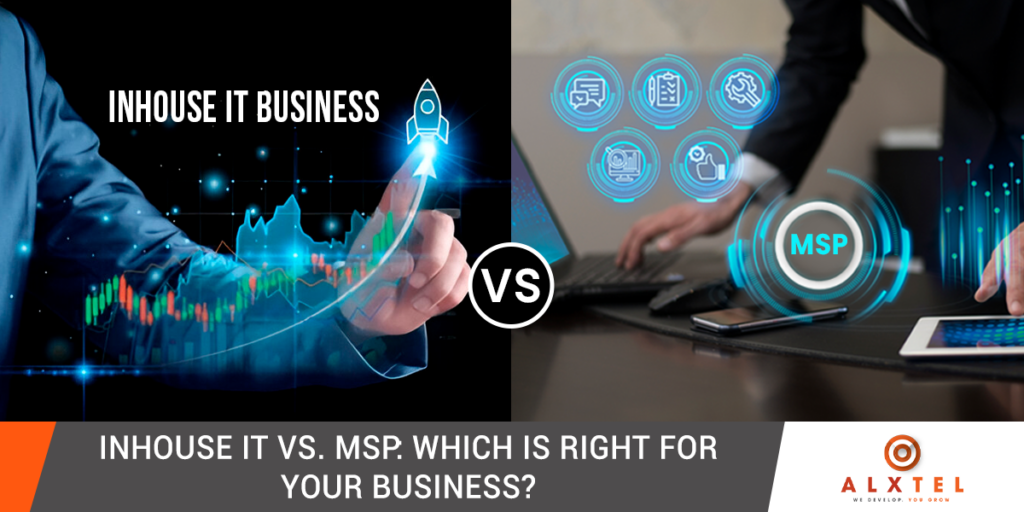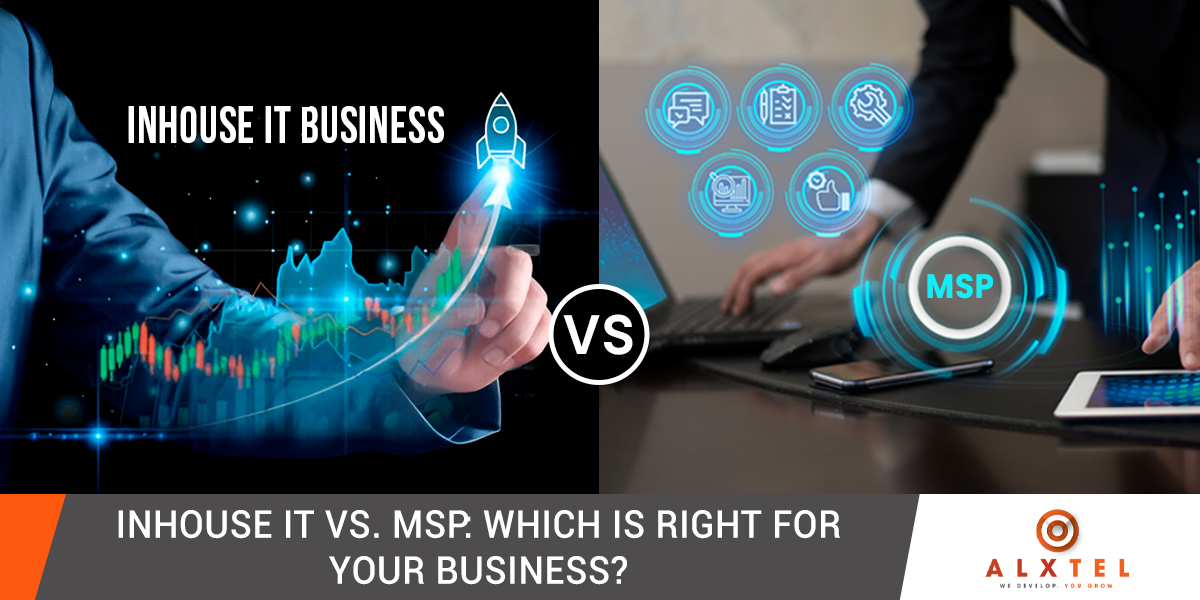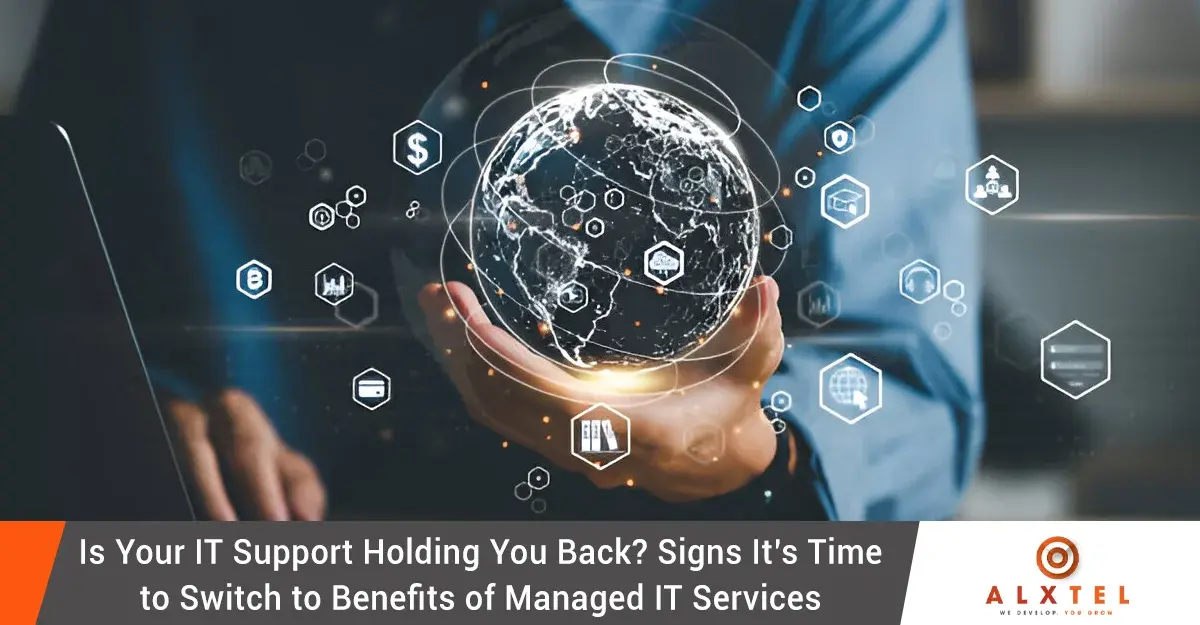Table Of Content
Organizations that approach third-party service providers must bring some factors in account. They must require their partners to maintain the highest standards of operation and data privacy. For this purpose, the most critical tool to assess the reliability and security of service providers is the System and Organization Controls report.
SOC 1 and SOC 2 reports enable organizations to gain the confidence required when choosing a service provider who will not only safeguard their integrity but also protect sensitive data. What these reports mean, how they differ from one another, and how these are essential elements in building safe and compliant business relationships. Let’s take a look!
What are SOC 1 and SOC 2 Reports?
SOC reports were introduced by the AICPA to offer assurance concerning the internal controls of service providers. They examine whether such controls comply with specific standards, thereby enabling businesses to analyze the possible risks in case of outsourcing their operations. SOC 1 reports highlights the controls related to a service organization’s financial reporting such that the procedures used by the provider will report the requirements desired in creating precise financial statements.
On the other hand, SOC 2 reports measure controls in data privacy, accessibility, processing integrity, privacy, and privacy. Such reports guarantee that a provider has recognized suitable systems to guard sensitive data.
The topic of SOC reports is traceable to the earlier auditing standards, SAS 70, where service organizations’ internal controls were evaluated. This evolved into having the need for broader trust principles, and the AICPA then introduced SOC frameworks, which today were used in the development of SOC 1 for financial controls as well as SOC 2 for operational and data privacy.
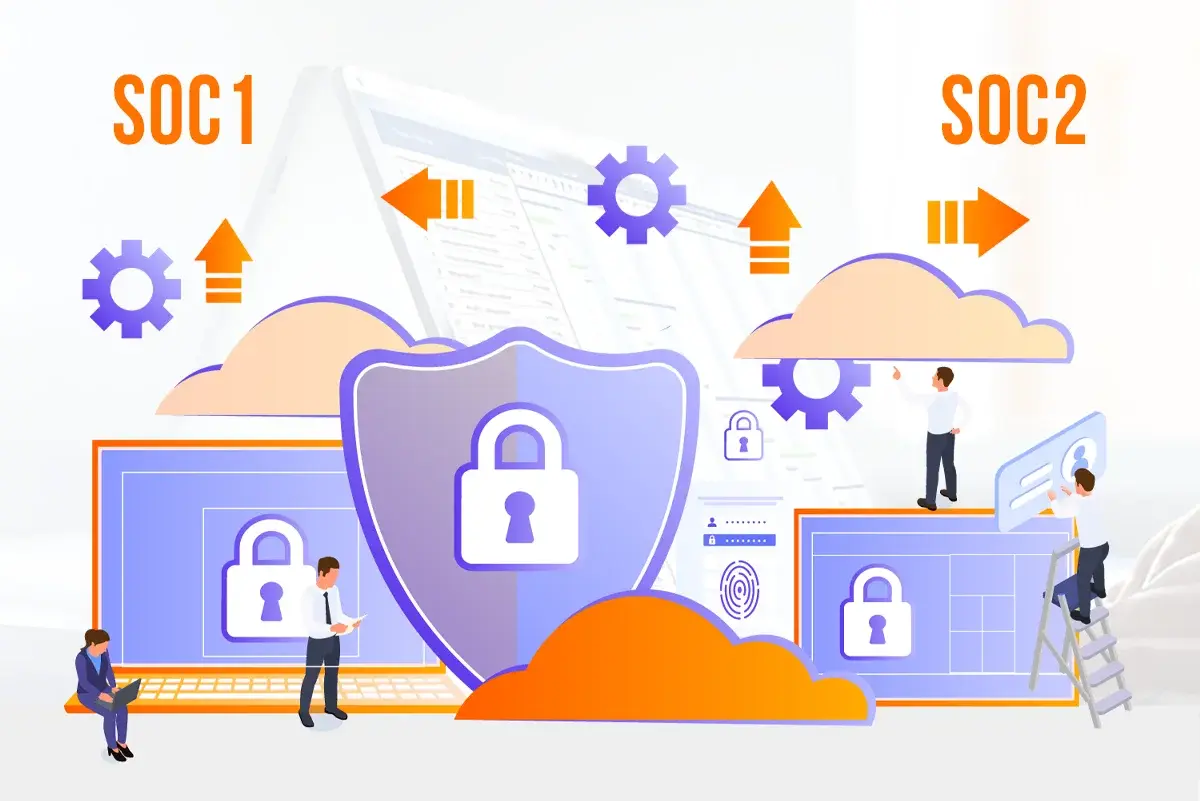
Key Differences Between SOC 1 and SOC 2 Impacting Data privacy
The target audience for SOC 1 and SOC 2 differ as night and day. Whereas SOC 1 is tailored strictly to the professional community of the audit and accountant professionals to satisfy the assurance about controls over its financial reporting from a service organization, SOC 2 is actually tailor-made strictly to the information technology and compliance teams that seek assurance that the service provider does indeed meet many of the worlds most rigorous data privacy and privacy standards.
Focus areas also distinguish the reports. While SOC 1 primarily deals with ICFR, making it even more relevant to payroll service providers or accounting platforms, SOC 2 evaluates overall trust principles encompassing security, availability, processing integrity, confidentiality, and privacy.
For instance, the principle of security has to do with protection against access by unauthorized entities, while that of availability will be about a system being operable as contracted. Processing integrity refers to the assurance of delivering accurate and authorized data processing, confidentiality ensures that sensitive information is protected, and data privacy ensures proper handling of personal data.
In terms of business relevance, SOC 1 is key to organizations that are significantly dependent on financial reporting, while SOC 2 is a necessity to businesses that majorly focus on cybersecurity and regulatory compliance. Knowing which report is in line with your business priorities helps to better choose the right service provider.
Business Relevance and Data privacy
In terms of business relevance, SOC 1 is key to organizations that are significantly dependent on financial reporting, while SOC 2 is a necessity to businesses that majorly focus on cybersecurity and regulatory compliance. Knowing which report is in line with your business priorities helps to better choose the right service provider.
Why SOC Compliance Matters When Choosing Service Providers for Data privacy?
SOC reports prove that a provider is dedicated to maintaining robust internal controls. They assure that systems are designed and operated in such a way that they minimize risks. The reports provide an unambiguous assessment of a provider’s internal controls, which offers assurance of security and compliance.
Failure to vet the SOC compliance of service providers risks businesses and data privacy. For instance, a data breach leaves a business exposed to financial loss as well as operational disruption. Non-compliance with regulations such as GDPR or HIPAA will attract corresponding penalty fines.
Furthermore, reputational damage due to a breach of trust might tarnish a company’s brand image from customers’ perspective and causes eroded customer confidence. Conforming with SOC-compliant providers helps significantly reduce these risks. It is beneficial as you promote a secure and sound business ecosystem.

How to Use SOC 1 and SOC 2 Reports in Your Decision-Making?
A SOC report of a service provider is multiple steps. First, check the scope and trust principles covered to know whether the report covers the key areas for your business, be it financial reporting for a SOC 1 or data privacy for a SOC 2. Second, verify the third-party auditor’s credentials, who performed the assessment, to ensure they are credible and independent. Finally, determine how well the provider’s controls align with your industry standards and risk management strategies.
A SOC report is not a one-time validation. Regularly requesting updated reports would ensure continued compliance and keep businesses abreast of the providers’ continued adherence to the necessary standards. This proactive approach will strengthen your organization’s risk management framework and ensure the sustained reliability of your service providers.
SOC Compliance as a Competitive Advantage
SOC compliance from service providers demonstrates transparency and accountability in front of existing and potential clients. In other words, the satisfaction of modern customers with regard to rigorous security and compliance standards makes SOC-certified providers more reassuring to clients about their data. This commitment to compliance and security not only builds customer confidence but also gives a competitive edge to providers in a crowded market.
Another standout feature in this competitive market, SOC compliance goes a long way in attracting new customers and retention also. This adds to the development of long-run growth and sustainability. Organizations show itself as a good leader in today’s security and compliance-conscious market by choosing security and compliance-bound providers.
The Conclusion
SOC 1 and SOC 2 reports are highly invaluable tools in checking the reliability and security of service providers. To understand their purposes, key differences, and ways to use them in decision making, businesses may enhance their security posture, keep compliance, and build trust.
Whether you require assurance over financial reporting (SOC 1) or have robust data privacy and privacy controls (SOC 2), the need for SOC compliance is crucial in order to mitigate risks and ensure business success. Organizations will be able to safeguard their operations and position themselves as leaders in a security-conscious marketplace by choosing SOC-certified providers.
Frequently Asked Questions
1. What are the Trust Services Criteria in SOC 2?
Trust Services Criteria are the key principles against which a firm’s operations would be tested in the process of the SOC 2 audit. There are three core ones: data privacy; availability, meaning that it must be accessible for operation and use as agreed or committed; and processing integrity, ensuring that its system processing is complete, valid, accurate, timely, and authorized.
Information so designated is protected as committed or agreed. The personal data collected, used, retained, and disclosed by the company shall be done according to the company’s privacy notice. This set of criteria will make possible an evaluation on whether controls over data privacy practice are adequate enough to give its clients the right level of confidence.
2. Do SOC 1 and SOC 2 reports have the same structure?
SOC 1 and SOC 2 have similarities in terms of the audit structure. However, there is a vast difference between SOC 1 and SOC 2 reports regarding content and focus. Evaluation of the organization’s control environment is what starts them both. Also, SOC 1 centers on the controls related to financial reporting. This includes their impact on the client’s financial statement.
Meanwhile SOC 2 examines the technical and operational aspects of the systems and data privacy measures taken and data management practices of the organization. Comparing both you’ll find that SOC 2 audits are more extensive. They cover network security, data encryption, privacy policies, and system availability. The SOC 2 has specific controls over the Trust Services Criteria.
3. Can a company be SOC 1 and SOC 2 certified?
This would be the case, for example, if an organization has services in the financial and technology sector. To understand this, let’s say a cloud accounting firm may need a SOC 1 report over its impact on financial reporting. This also requires an SOC 2 report so it can prove it has taken measures for client’s data privacy.
Where SOC 1 is appropriate to ensure that the financial information of the clients is being managed correctly, SOC 2 certification ensures that the data is safe, available, and private. Some organizations, particularly in industries that include technology and finance, go through both audits to demonstrate strong controls in a broad manner and to earn the trust of disparate client bases.
4. How long does it take to complete a SOC 1 or SOC 2 audit?
For both SOC 1 and SOC 2, The timeline of the audit varies with the size and complexity of the organization involved in the audit. Generally, an SOC 1 audit would yield about 3-6 months, but in cases where an organization has a complex system of financial reporting. This can include a large number of controls that need to be evaluated, it can be longer.
In addition to that, SOC 2 audits can take between 4-6 months or even more. It is also dependent on the audit scope, organizational security and data privacy readiness, and the size of the audit team. Documentation is essential for companies in designing processes and controls; it would keep the audit process efficient and minimize delays.
5. Are SOC 1 and SOC 2 reports mandatory for businesses?
Reports under SOC 1 and SOC 2 are not legally required by law; however, they prove to be very important for businesses that want to show their commitment towards financial security or the data privacy. It becomes essential for companies in finance, healthcare, and technology to have these reports as it holds importance for maintaining the trust of customers, meeting contractual obligations, and maintaining industry standards and regulations, such as HIPAA, GDPR, or SOX. Many organizations dealing with sensitive information or financial transactions require SOC 1 or SOC 2 certification for competitive and regulatory compliance purposes; failure to achieve these reports leads to lost business opportunities or exposure to regulatory penalties.
References
Need support? You are our priority, We’ve got you covered.
Rapid response time to service requests, responding to all customer feedback to get in touch.
Our goal is to supply you with the best possible customer service across all our products and solutions. We look forward to helping you make the most of your AlxTel platform.
